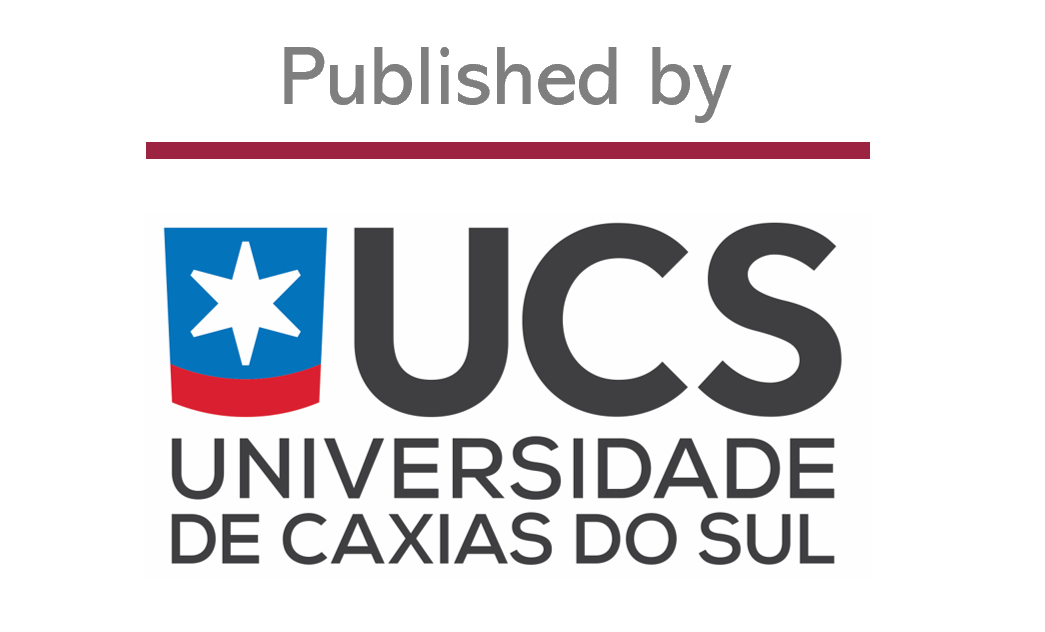Occurrence of Bisphenol A in soil and leachate of a municipal landfill: effect of the sample acidification
DOI:
https://doi.org/10.18226/23185279.v2iss1p10Keywords:
Bisphenol A, soil, leachate, sanitary landfill, gas chromatographyAbstract
The main objective of present study was the quantitative analysis of bisphenol A (BPA) in soil and leachate of a municipal
sanitary landfill. The influence of the solvent polarity and pH over the quantitative analysis of BPA in the leachate was
also investigated. The soil samples were collected from closed cells and extracted by Soxhlet extraction with ethanol. The
liquid samples, from row leachate from the same sanitary landfill were extracted by Solid Phase Extraction (SPE) with C-18 cartridges and ethanol. The organic extracts from liquid and solid samples were analyzed by Gas Chromatography with Flame Ionization Detector (GC/FID). For the soil and liquid samples the average concentrations of BPA were 21.30 (±0.61) µg kg-1 and 26.83 (±2.69) µg L-1, respectively. These results were far above the ones cited in the literature and are of special concern because BPA may disrupt the human endocrine system. The acidification allows the increase of 5% of the extraction efficiency. In this way, the acidification step is recommended for the quantification of BPA in samples where the concentration of this analyte is below 0.1%. In these cases the acidification step may avoid important loss of the analyte and improve the detection limit in the instrumental analysis.








